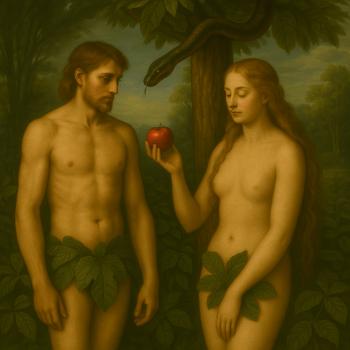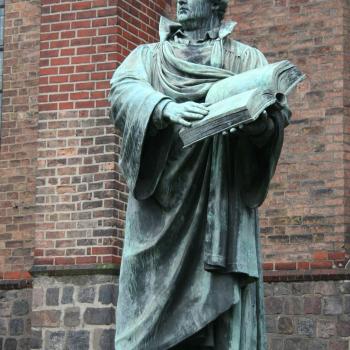Thank God that our uneasiness with the end of The Ides of March reminds us that we don't have to choose despair. For people of faith, hope is still—always—an option.
Wasted Light, Foo Fighters
The 2011 album by one of the world's most popular rock bands debuted at number one in the U.S. and half a dozen other nations, and was recently nominated for six Grammy awards, including Best Album. It's a great set of songs to be played in arenas, music to bring together tens of thousands of people for a few hours.
It's also a set of songs that, surprisingly, talks about how we are supposed to treat each other, and how, individually, we are supposed to grow. Rolling Stone's David Fricke summed up the album's themes by noting that, "There are references to death—and the responsibility to leave things better than when you came in—all over this album." Paul Brannigan wrote in Q that this "soul mining" by Grohl had led to the "most life-affirming, positively-charged record of his career." And I wrote about the "spiritual wisdom that informs many of these songs: whatever has happened, we are capable of more, we are capable of better. In my tradition, we usually close those statements with another clause: 'By God's grace.'"
I often say that being in a rock band is like being married to multiple partners—it's a crash course in relationship and community. Lead singer and songwriter Dave Grohl, formerly of Nirvana, knows about how communities thrive and how they fail. He stood and watched his friend, Nirvana's Kurt Cobain, spiral into suicide, and "I Should Have Known" (which guests the other survivor of Nirvana, bassist Krist Novoselic) is a sad indictment of the ways we don't pay attention to each other, the ways we fail each other, and the powerful mixed feelings—disappointment in ourselves, pain, anger, guilt—those failures cause:
Didn't hear your warning
Damn my heart gone deaf . . .
One thing is for certainAs
I'm standing hereI should have known
But the album concludes with hope, with the idea that we can learn from heartbreak and failure. "Walk" is an optimistic song about our ability to change, to embrace the person we should be:
I think I lost my way
Getting good at starting over . . .
Learning to walk again
I believe I've waited long enough
Where do I begin?
Are people in arenas listening to the lyrics? Who can say.
But I am, and I'm grateful for spiritual insight wherever I can find it.
Next week, I'll talk with writer Becky Garrison about Ancient Future Disciples, her new book on doing church missionally, and about the power of humor.
Until then, may God bless and keep you.





